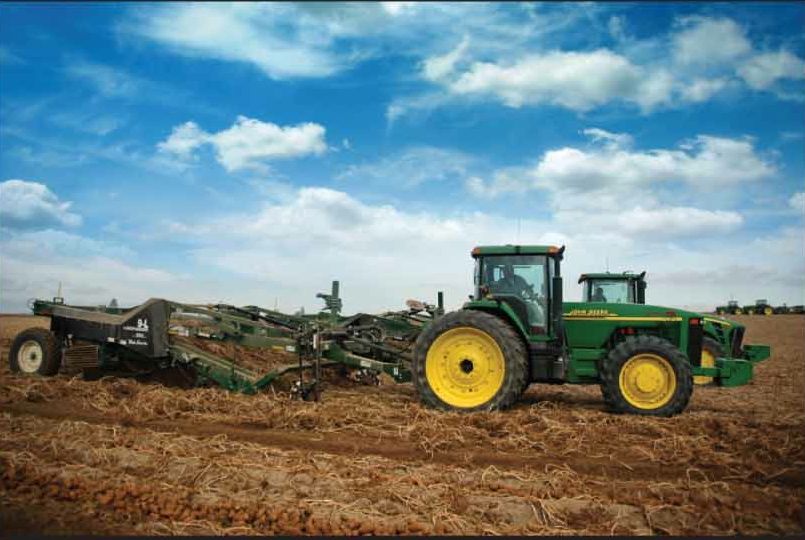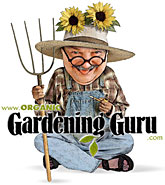Permaculture has to be one of the most interesting gardening movements I’ve discovered recently, and I have to thank Jerome Osentowski and Kareen Erbe hugely for letting me interview them about it. The idea of perennial food gardens delights me, and in permaculture that’s just part of the picture: it’s a whole philosophy of living sustainably, and of getting as much of what you need from your own plot of land as possible. I’m all for that, and as I mention part way through—well, both interviews , I think—it’s given me a name for something I’m already trying to do.
I’m honestly not sure what I was up to when I stumbled onto Jerome Osentowski’s Central Rocky Mountain Permaculture Institute, which more or less blew my mind. Four greenhouses, and no power needed from off-site? Figs and passion fruit growing at over 7,000 feet? Hello? Continue reading


 Subscribe to RSS feed
Subscribe to RSS feed


